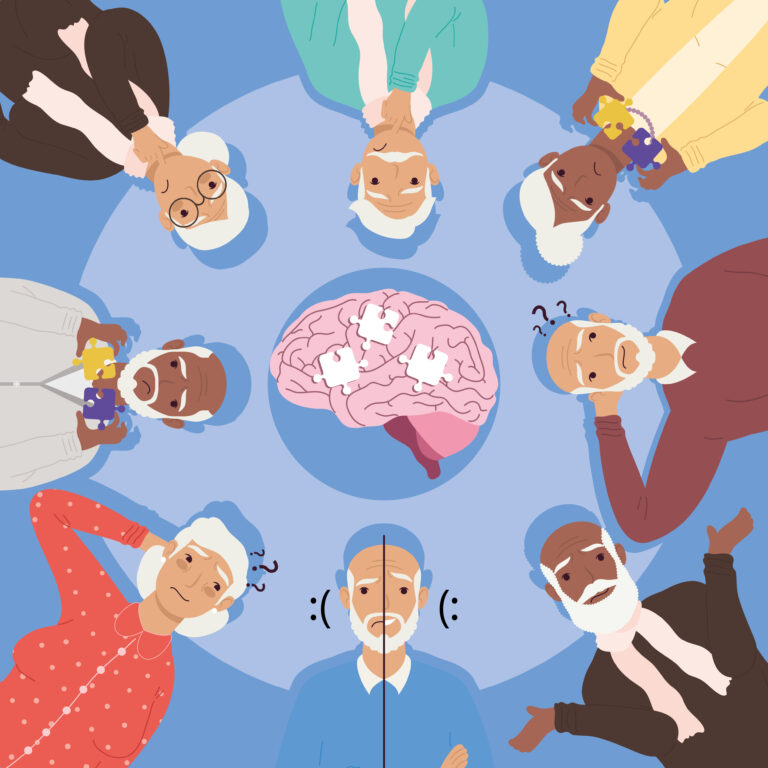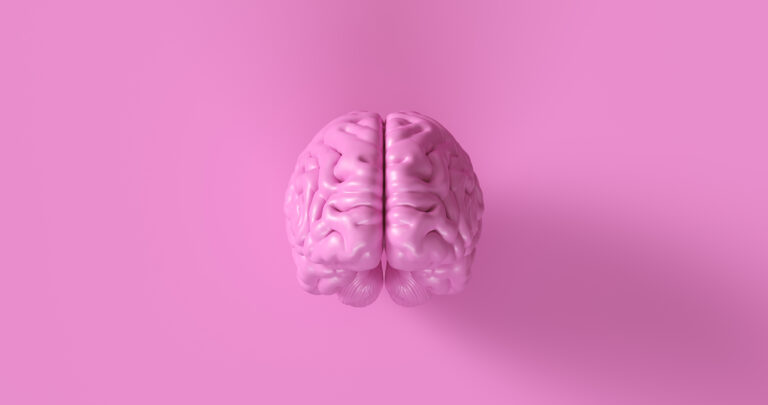Understanding and Managing Constipation in Advanced Dementia
Constipation is a common issue for people with advanced dementia, affecting their quality of life and causing discomfort. It is essential to understand the causes and manage this condition effectively to improve the well-being of those affected.
### Causes of Constipation in Dementia
Constipation in people with dementia can be due to several factors:
– **Medications**: Many medications used to treat dementia symptoms can cause constipation as a side effect.
– **Diet and Hydration**: A diet low in fiber and inadequate fluid intake can lead to constipation.
– **Mobility Issues**: Reduced mobility, common in advanced dementia, can slow down bowel movements.
– **Cognitive Decline**: People with dementia may forget to go to the bathroom or have difficulty communicating their needs.
### Managing Constipation
Managing constipation involves a combination of lifestyle changes and medical interventions:
1. **Dietary Changes**: Encourage a diet rich in fiber, including fruits, vegetables, and whole grains. Ensure adequate hydration by offering plenty of fluids throughout the day.
2. **Physical Activity**: Gentle exercises, such as walking, can help stimulate bowel movements.
3. **Bowel Routine**: Establish a regular bowel routine to help the body get into a habit of bowel movements at the same time each day.
4. **Medication Review**: Consult with a healthcare provider to review medications that might be contributing to constipation. Adjustments may be necessary.
5. **Laxatives and Suppositories**: If dietary and lifestyle changes are not effective, laxatives or suppositories may be prescribed by a healthcare provider.
### Professional Support
Seeking professional help is crucial for managing constipation effectively. A healthcare provider can:
– **Assess Underlying Conditions**: Identify any underlying medical conditions that might be contributing to constipation.
– **Provide Guidance**: Offer personalized advice on managing constipation based on the individual’s needs and health status.
### Conclusion
Managing constipation in people with advanced dementia requires patience, understanding, and a comprehensive approach. By addressing the causes and implementing appropriate management strategies, caregivers can significantly improve the comfort and quality of life for those affected. It is important to work closely with healthcare professionals to tailor interventions to the individual’s specific needs.




